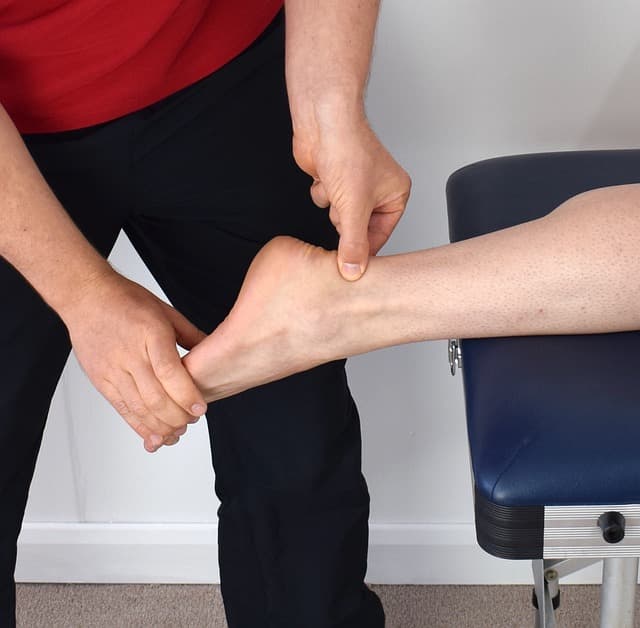Top 6 Common Social Issues Today’s Teens Face
Teens today face a number of social issues that previous generations did not have to deal with. These issues can range from cyberbullying to drug abuse, and they can have a serious impact on a teen’s physical and emotional health.
In this article, we will discuss the top six social issues that teens are facing today. We will also provide some tips for how parents can help their children navigate these challenges.
1. Cyberbullying
With the rise of social media and constant access to technology, cyberbullying has become a major issue for teens. It can be difficult for parents to monitor their children’s online interactions, but it is important to have open conversations with them about appropriate behavior and the effects of bullying others online.
Also, talk to your child about what to do if they are the victim of cyberbullying and make sure they know not to respond or engage with the bully. There are ways to report cyberbullying and get help, so it’s important to know the steps to take in these situations.
2. Drug and alcohol abuse
It is not uncommon for teens to experiment with drugs and alcohol, but it can quickly become a dangerous problem. Educate your children on the risks and consequences of drug and alcohol use and make sure they know where to go for help if they or one of their friends is struggling with substance abuse.
Additionally, keep open lines of communication with your teen and try to be aware of any warning signs, such as changes in behavior or appearance. Another important step is to ensure that there are no drugs or alcohol easily accessible in your home. You can also encourage your teen to participate in healthy activities and hobbies that do not involve substance use.
3. Mental health issues
Mental health is just as important as physical health, but it can often be overlooked or stigmatized. Encourage your teen to talk openly about their emotions and any struggles they may be facing. You can also search for a therapist for teens near me and make sure they have access to professional help if needed.
Moreover, it is also important to educate them on the signs and symptoms of mental illness and where they can go for help if needed. For example, many schools have counselors available for students.
You can also make sure your teen knows that it is not a sign of weakness to seek help for mental health issues and remind them that they are not alone in their struggles. One of the most important things for parents to remember is to take care of their own mental health as well. Being a support system for your child can be difficult, and it is important to seek help for yourself if needed.
4. Body image and eating disorders

With the constant bombardment of images and messages about beauty and perfection, it can be difficult for teens to have a healthy body image. As a parent, encourage your child to focus on their own unique qualities and talents rather than physical appearance.
It is also important to talk to them about the unrealistic portrayals of bodies in media and advertising. Namely, you should be aware of any warning signs for eating disorders, such as dramatic weight loss or excessive exercise.
Encourage your teen to eat a balanced diet and participate in physical activity for their overall health rather than trying to achieve a certain appearance. This will teach them to have a positive relationship with food and their body.
5. Peer pressure
Peer pressure can lead to risky behavior, such as drug and alcohol use or skipping school. Talk to your teen about how to handle peer pressure in a positive way and encourage them to surround themselves with friends who share their values and goals. It is also important for parents to have a good relationship with their child’s friends and be aware of any red flags or warning signs.
You can prevent this by teaching your teen to be assertive and stand up for themselves when faced with peer pressure. Remind them that it is okay to say no and that they should never feel pressured to do something that makes them uncomfortable.
On the other hand, it is also important to teach your teen how to be a positive influence on their peers and make good choices.
6. Sexual activity
It is important to have honest and open conversations with your teen about sex, including the risks and responsibilities. Educate them on safe sex practices and make sure they have access to contraception if needed. Additionally, talk to them about healthy relationships and how to recognize signs of abuse or unhealthy behavior in a partner.
It is also crucial to discuss the legal implications and consequences of sexual activity, such as the age of consent laws. Remind your teen that they always have the right to say no to any kind of sexual activity and that they deserve to be in a safe and consensual relationship.
Overall, communication is key when it comes to discussing sex with your teen. Make sure they feel comfortable talking to you and have access to accurate information and resources.
Overall, it is important for parents to stay informed about the issues and challenges that today’s teens may face. By encouraging open communication and being supportive, you can help guide your teen through these difficult situations. Remember, if you have any concerns or need additional support, reach out to a trusted adult or professional for guidance.







